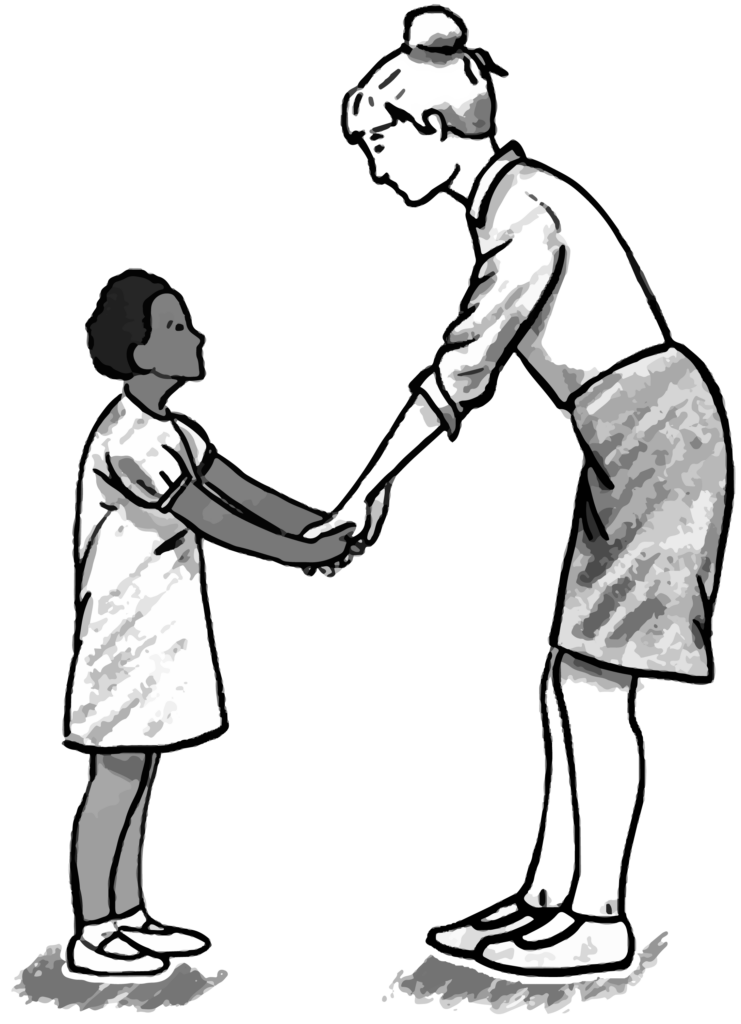
It’s clear bullying doesn’t stick to one place, it spreads from schools to workplaces and leaks into our digital lives, showing its complex nature. Its origins, often woven deeply into the fabric of a bully’s upbringing, reflect a mixture of parenting styles, emotional regulation capabilities, and underlying psychological factors. Understanding what drives individuals towards bullying offers insight not just for now but shows how it shapes them well into adulthood. At Seaside Staffing we are all about making sure that the fit is right so that parenting styles align with the candidates as well.
How mom and dad act at home can really set the stage for whether or not a kid decides to bully others. When mom and dad are all about strict rules and high expectations but low on hugs and praise, it seems to push some kids toward acting mean or picking fights. These children often do not learn effective emotional regulation, as their environment might not encourage open expression of feelings. Instead, emotions are often bottled up until they explode in harmful ways. At the same time, giving kids too much leeway can backfire by leaving them clueless about setting boundaries or appreciating others’ feelings—key ingredients for strong social connections.
Not being able to handle emotions well plays a huge role in why some people end up bullying others. Children who are not taught how to manage their feelings of anger, frustration, and jealousy may resort to bullying as a way to cope with uncomfortable or intense emotions. These children often struggle to articulate what they feel and instead manifest their emotions through dominance and aggression over others. Don’t brush this off as just a phase; without stepping in, it might turn into a terrible habit that sticks around long into adulthood, messing up both friendships and work relationships.
The psychological effects of being a bully also mirror those of their victims in terms of depth and longevity. Bullies are more likely to experience mental health issues such as antisocial personality disorder and are at a higher risk of substance abuse and engagement in criminal activities as adults. Struggling to manage emotions can fuel bullying behaviors, which might block the path to nurturing strong relationships, securing a steady job, and feeling good about oneself.
When we don’t keep an eye on feelings like jealousy and the urge to outdo others, they can end up sparking bullying. A child who envies a peer’s achievements or relationships may use bullying to sabotage or undermine the perceived competitor. This behavior is often a misguided attempt to level the playing field, driven by an inability to cope healthily with competitive feelings. Such dynamics are not limited to physical or verbal abuse; they can also manifest as social exclusion and emotional manipulation, which can be equally damaging.
When you look closer, it’s clear that early hurts can really change who someone becomes. Kids who face things like neglect or really shaky situations often end up on paths we wish they wouldn’t, including becoming bullies themselves. Traumatized children might adopt bullying as a form of control, seeking to regain power in areas of their life where they otherwise feel powerless. This coping mechanism, while maladaptive, is a tragic reflection of their attempt to deal with pain.
Getting a grip on where bullying comes from is super important if we want to stop it and step in effectively when needed. There’s nothing like feeling supported by your folks through understanding chats, cozy moments together, and lessons in keeping those emotions in check. For kids everywhere to truly thrive,schools plus community efforts equal creating havens that shield against harm,making sure everyone stands out as themselves while being wholeheartedly backed up. And tackling bully antics? Let’s shift from quick fixes to treating the cause, rehabilitating hearts and minds along the way. Addressing these issues early on can prevent the perpetuation of suffering and create healthier future generations.
